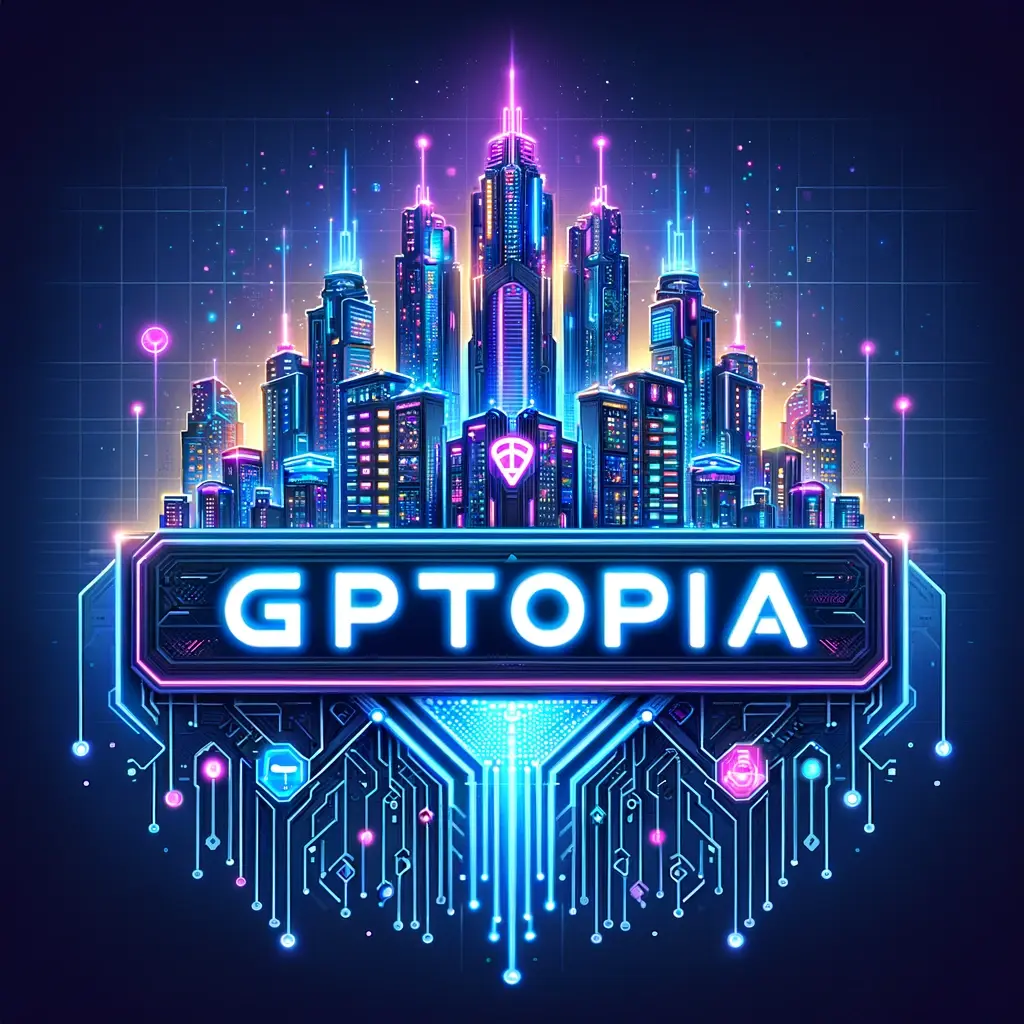complete article index can be found at
https://ideabrella.com/papers/articles
Persona-Centric AI: Crafting Specialized Agents for Unique Roles ZEN 💡
·
Here is the revised version with only <br> tags to format the text for HTML properly:
In the ever-evolving landscape of artificial intelligence (AI), persona-centric AI agents are emerging as a pivotal innovation.<br>
These specialized agents are designed to embody distinct roles or personas, enabling them to align seamlessly with specific tasks and workflows.<br>
This article explores the concept, design, and applications of persona-centric AI, highlighting their transformative potential in enhancing human-AI collaboration.<br><br>
The Concept of Persona-Centric AI<br><br>
What Is Persona-Centric AI?<br><br>
Persona-centric AI refers to AI agents tailored to simulate or adopt specific roles, characteristics, or behaviors.<br>
These agents are not generic tools but are designed to fulfill a targeted purpose with:<br><br>
Role-Specific Expertise: Mimicking the knowledge and skills of professionals in a particular domain (e.g., a virtual lawyer or financial advisor).<br>
Behavioral Adaptation: Aligning communication and interaction styles with the expectations of the users they serve.<br>
Dynamic Responsiveness: Adapting their persona based on contextual needs and feedback.<br><br>
Types of Personas<br><br>
Persona-centric AI can be classified into several types:<br><br>
Functional Personas: AI agents focused on a specific skill set, such as creative writing or data analysis.<br>
Relational Personas: Designed to build rapport and empathy, such as virtual therapists or customer support agents.<br>
Hybrid Personas: Combining functional and relational capabilities for multifaceted roles.<br><br>
Designing Persona-Centric AI Agents<br><br>
Key Components<br><br>
To create effective persona-centric AI agents, developers must focus on:<br>
Contextual Understanding: Training agents to recognize and adapt to the nuances of their assigned roles.<br>
Natural Language Processing (NLP): Enabling agents to communicate in a way that mirrors human interaction.<br>
Domain Expertise: Equipping agents with comprehensive knowledge relevant to their persona.<br><br>
Workflow Integration<br><br>
Persona-centric AI agents should seamlessly integrate into existing workflows, ensuring:<br>
Task Alignment: Matching their capabilities to the specific requirements of tasks.<br>
Interoperability: Functioning cohesively with other AI agents and human collaborators.<br>
Scalability: Allowing their personas to evolve or scale to handle more complex tasks over time.<br><br>
Applications of Persona-Centric AI<br><br>
Business and Enterprise<br><br>
Customer Service: Virtual agents acting as empathetic support representatives to resolve customer queries.<br>
Marketing and Sales: Persona-driven AI that tailors pitches and campaigns to specific audience profiles.<br><br>
Education and Training<br><br>
Virtual Tutors: AI agents that adopt a teaching persona to guide learners through personalized education plans.<br>
Skill Coaching: Offering real-time feedback and guidance in professional skill development.<br><br>
Healthcare<br><br>
Virtual Therapists: AI agents providing mental health support with empathy and discretion.<br>
Medical Advisors: Assisting healthcare professionals with diagnosis and treatment planning.<br><br>
Creative Industries<br><br>
Content Creators: Persona-driven AI capable of producing tailored articles, scripts, or designs.<br>
Collaborative Partners: Assisting in brainstorming and refining creative ideas.<br><br>
Benefits of Persona-Centric AI<br><br>
Enhanced User Experience<br><br>
By aligning with specific user expectations, persona-centric AI agents:<br>
Improve engagement and satisfaction.<br>
Deliver more intuitive interactions.<br><br>
Increased Efficiency<br><br>
Specialized personas allow AI agents to focus on their strengths, resulting in:<br>
Faster task execution.<br>
Higher-quality outcomes.<br><br>
Scalability and Adaptability<br><br>
Persona-centric AI agents can be scaled and modified to:<br>
Address new challenges.<br>
Evolve alongside technological advancements.<br><br>
Challenges and Ethical Considerations<br><br>
Bias and Representation<br>
Ensuring personas are inclusive and free from stereotypes.<br>
Regularly auditing AI behaviors to prevent unintended biases.<br><br>
Transparency and Trust<br>
Clearly communicating the limitations and capabilities of AI personas to users.<br>
Maintaining human oversight to avoid over-reliance on AI.<br><br>
Data Privacy<br>
Safeguarding user data while maintaining persona authenticity.<br><br>
The Future of Persona-Centric AI<br><br>
As AI technology advances, persona-centric agents will likely:<br>
Become more personalized and adaptive.<br>
Integrate more deeply into professional and personal workflows.<br>
Expand their roles into areas requiring higher empathy, creativity, and expertise.<br><br>
Conclusion<br><br>
Persona-centric AI represents a significant leap forward in human-AI collaboration.<br>
By crafting specialized agents that align with user needs and expectations, we can unlock new possibilities for efficiency, creativity, and innovation.<br>
As these agents continue to evolve, they will become indispensable partners in shaping the future of work, education, and personal interactions.<br>









